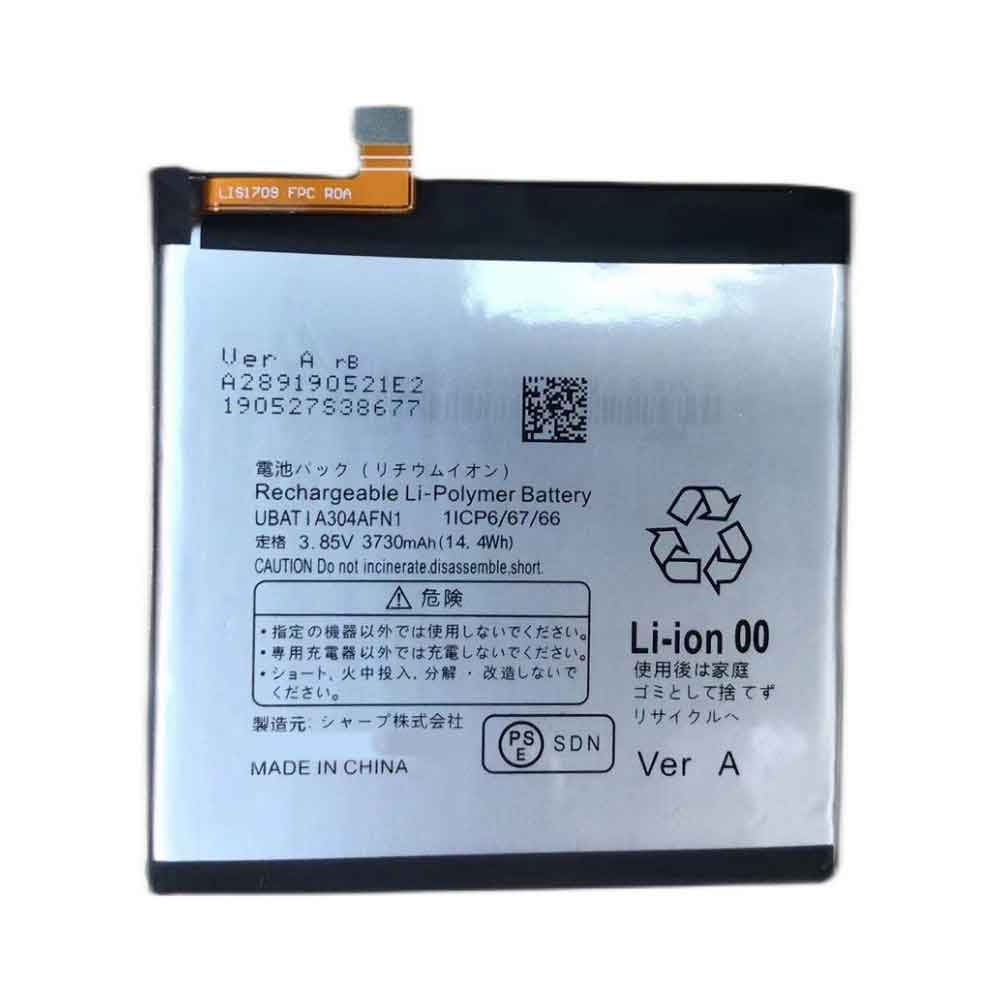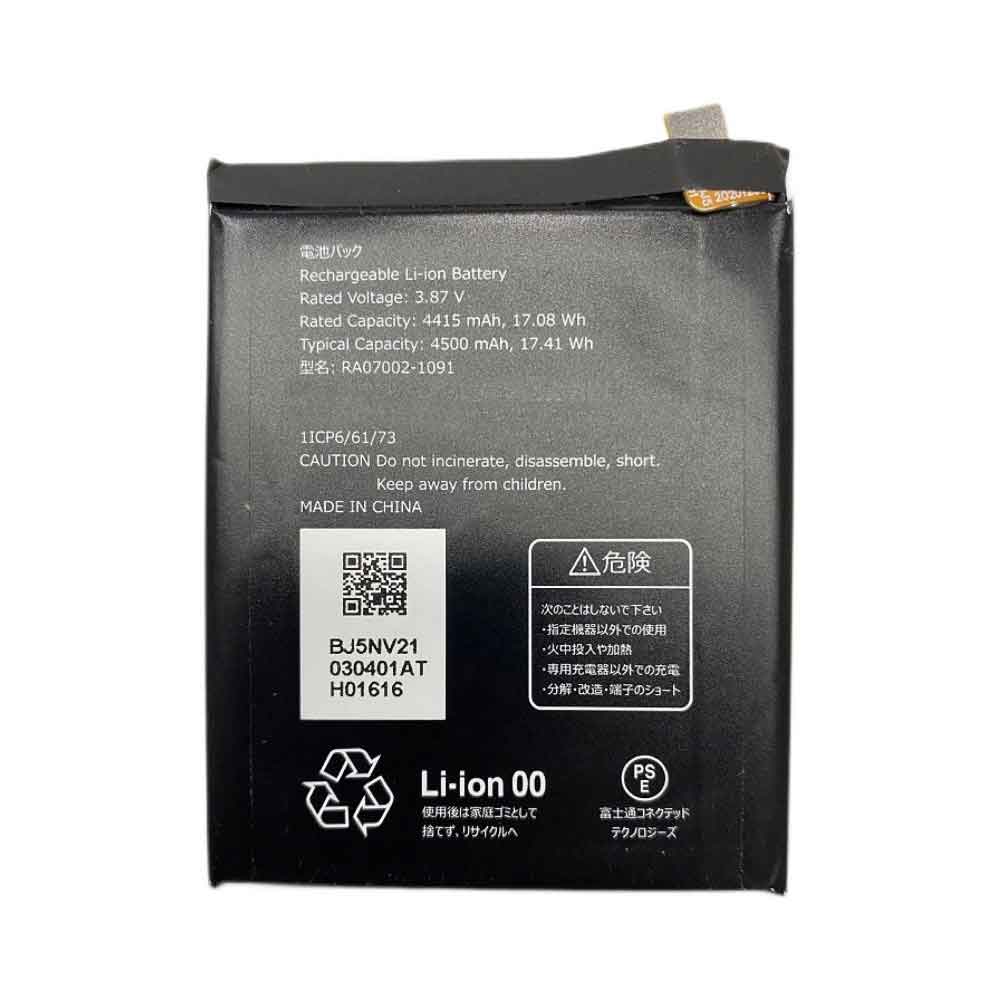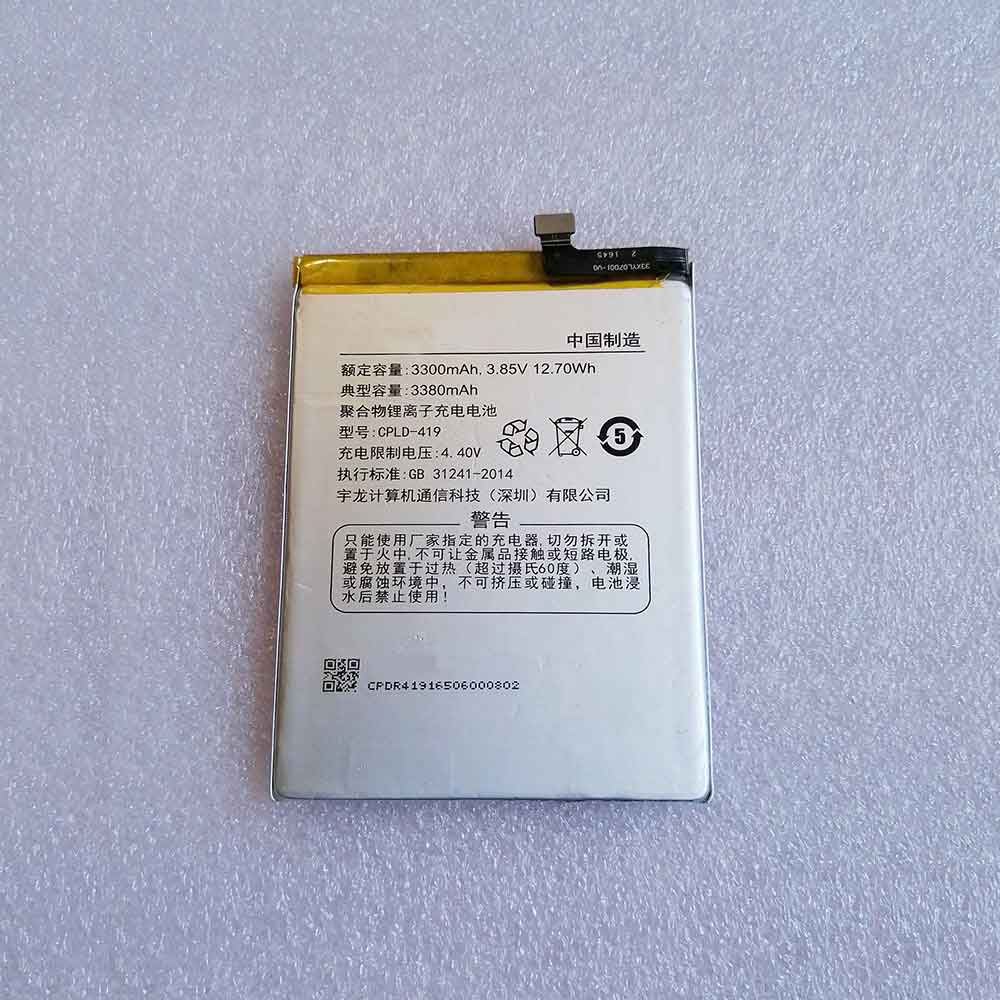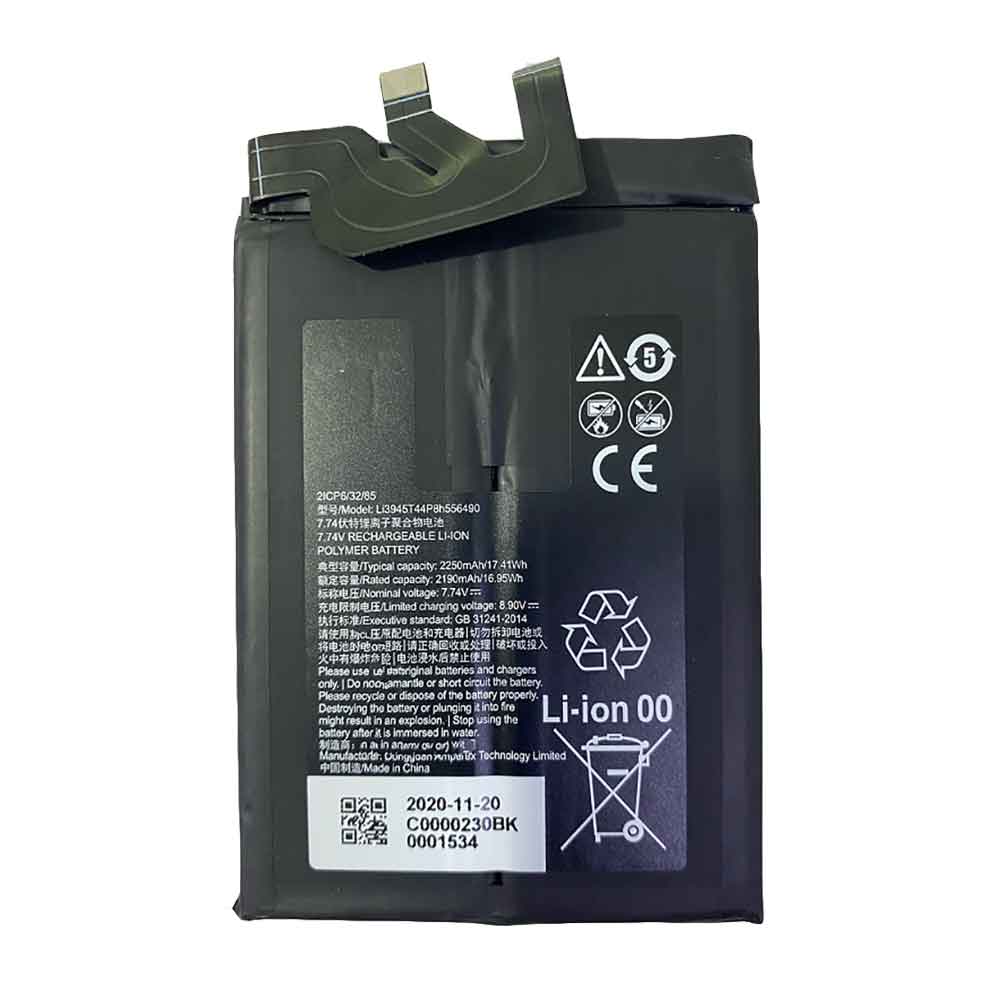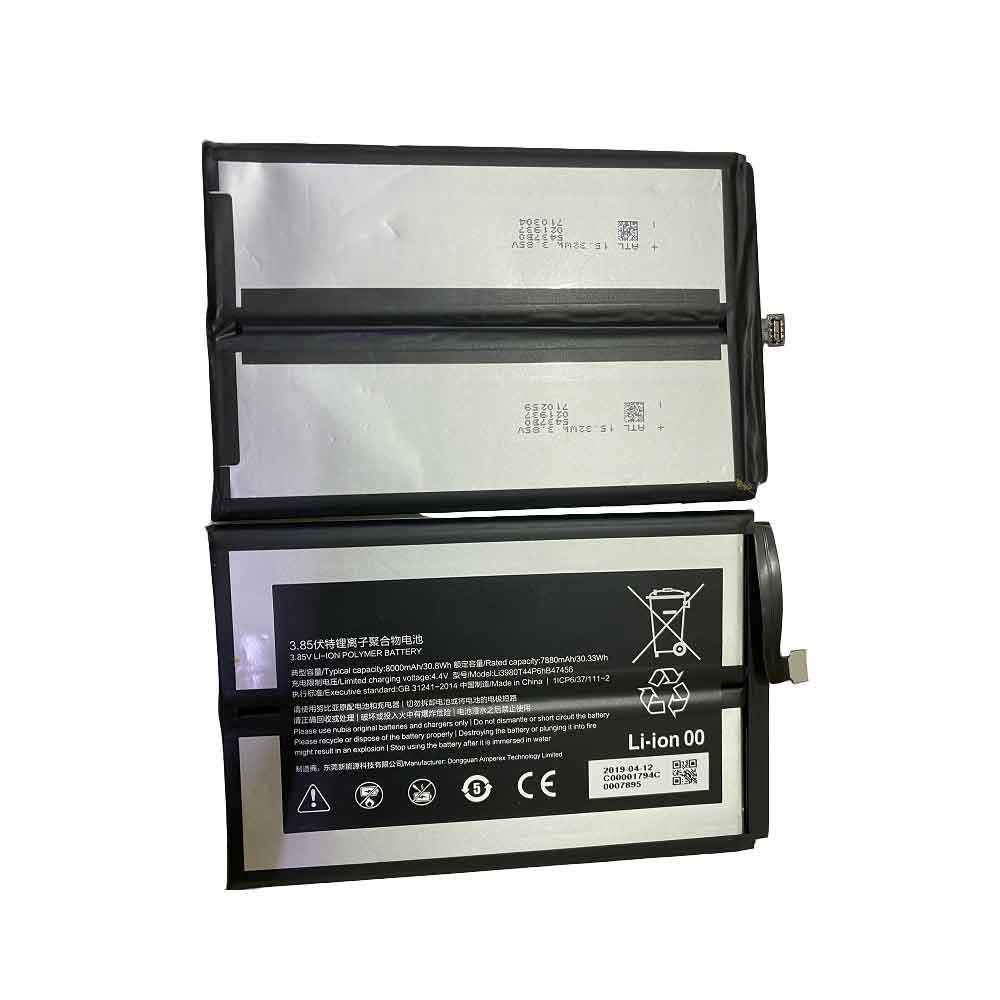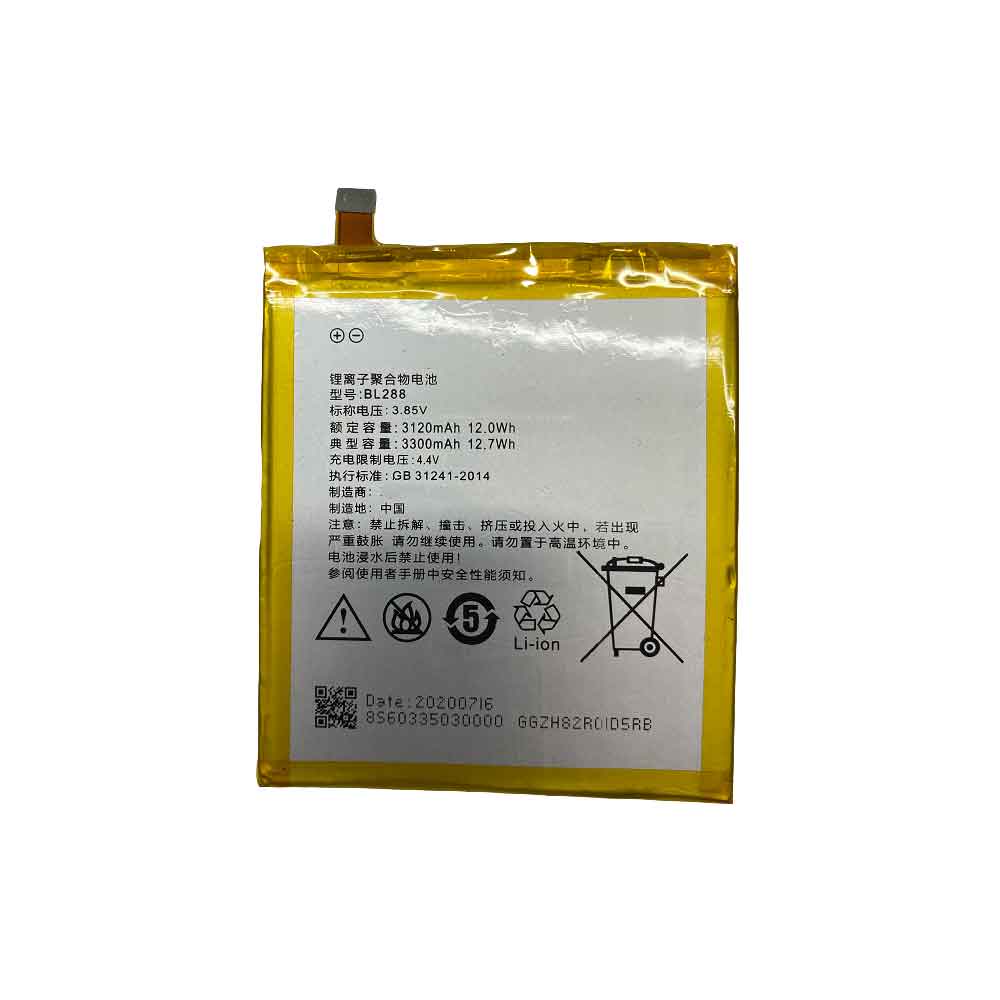Have you ever encountered your new laptop, only to find that the laptop battery doesn’t charge for a few days? This makes you pissed off because this isn’t an old laptop, so why isn’t your new laptop battery charging? In fact, there are many reasons why the battery does not charge. However, most of the problems usually lie in the location of batteries, chargers and other technical components. It could also be related to the laptop’s settings. Here, we’ll provide several ways to troubleshoot your new laptop battery.

How to fix new laptop battery not charging problem?
There are a few things you can do when your new laptop battery isn’t charging. Here are some steps you can take:
1. Check your laptop’s settings.
The first thing you should do is check your laptop’s settings. It’s not uncommon for new batteries to have problems due to incorrect battery settings. If you have Windows, you can go to Power and Sleep Settings and check other power settings. There, you can check the battery settings for display, sleep settings, and laptop brightness.
If you have a Mac, go to Energy Saver and check the settings according to your wishes and needs.
For Windows, if you’ve changed the settings and you’re still having issues with the battery, you can go to Device Manager and look at the battery section. Right-click Microsoft AC Adapter and Microsoft ACPI-Compliant Control Method Battery to uninstall them. After that, shut down your laptop and unplug the charger or remove the battery for a while. After a few minutes, plug back the charger or replace the battery, and turn on the laptop.
2. Check how you inserted the charger and battery.
If the setup is not an issue, then it’s time to check the battery and laptop. First, you should check how to insert the battery. Make sure the power cord is plugged in correctly. Laptops also have different types of ports, so make sure you use the correct port for charging. You also need to make sure how the battery is placed (if it’s removable). Getting everything plugged in and positioned correctly the way it should be.
3. Check the battery.
If you’ve plugged in the charger and positioned the battery correctly, it’s time to check the battery. First, you can check for dust or dirt on the battery. After all, it hinders the connection between the battery and the laptop. So remove the battery, clean it, and plug it back in.
Another way to check the battery is to remove the battery and use the charger only. If your battery is removable, remove it and press the laptop’s power button. This action is to remove any remaining power inside the laptop. If the laptop is still working, then most likely the battery is misplaced.
4. Check the charger.
If your battery and settings are fine, it’s time to check the charger. Sometimes our charger cable is faulty, causing the charger not to work properly. Checking the charger cable is easy. If the laptop is not charging, continue moving the battery cable. If the power cord is causing the laptop to be charging instead of charging, then it’s definitely the charger cord. You can buy a new power cord to fix this problem.
The problem could also be with the wattage of the charger itself. Sometimes the power of the charger is not enough to charge the laptop, especially when the charger is a USB type of charger. If you bought a new charger, make sure the new charger has the same wattage as the original one. Using a lower wattage charger will only reduce the charging power and prolong the charging time. Of course, the best solution is to buy the brand’s official charger for the best output and performance.
5. Use a fan.
Last but not least, the problem could be the temperature of the battery. A common fact is that an overheated battery can cause issues like sensor misfires or automatic shutdowns to prevent more damage to the battery. The solution to your battery heating problem is to use a laptop fan.
>>>>>>>>>>>>>Laptop’s battery
Thanks for reading, hope it helps!
Friendly reminder: If you need to replace the battery, this battery store will be a good choice: www.batteryforpc.co.uk

